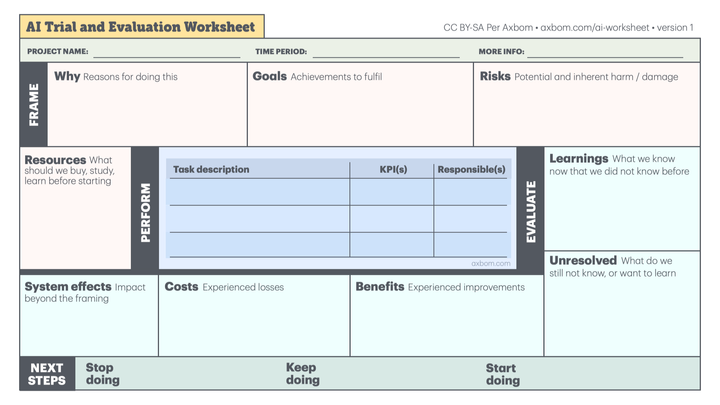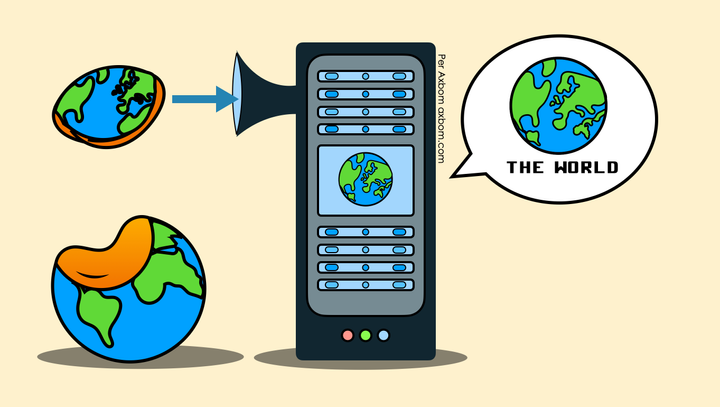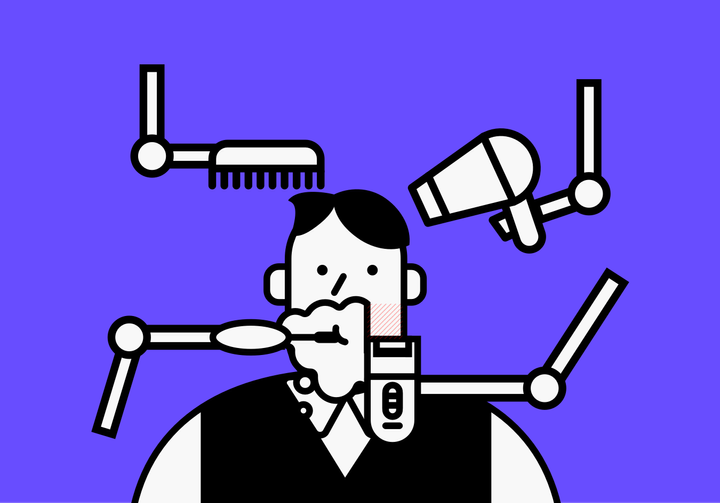Pandamonium #1

“I have learned that as long as I hold fast to my beliefs and values, and follow my own moral compass, then the only expectations I need to live up to are my own.” — Michelle Obama
Cherish your secrets
Do you have a secret that you've told no-one? Not even your family or best friend? What do you imagine would happen if I was your friend and you told me? At least one of two things are possible. A shared secret or exposed vulnerability could boost our level of intimacy and make our bond stronger. Or I could use my new power of knowledge to your disadvantage, and exploit the information for my own gain. I might even do this without telling you.
There is no shortage of organizations with a desire to influence you. Whether we call it nudging, poking, marketing, pushing or shoving, it's always been a game of who can gain your trust in order to learn your secrets, your preferences — and yes, often with an intent to make the relationship stronger. What marketers endearingly refer to as decreasing churn.
But the game has been changing, becoming ever more covert and ever more amplified through network effects. Many secrets can be learned without your consent. And some of those secrets can be bought. Connections between data points can be made in ways that outperform all imagination and while one data point may seem harmless, its potential for misuse grows when others are added. Some secrets about yourself you do not yet yourself know.
Some of the ways data is used is clearly benevolent, but the power it gives those who hold the data tips all scales of power away from individuals. How do I object to something I am not aware is happening? How do I object to something that benefits me but harms others? Currently the lack of informed consent is a runaway problem and the amassment of data, too often poorly protected, is amassment without a coherent plan.
Dear service owners, if we both knew and understood what you were doing with my data you wouldn't have to try to keep convincing me you have my best interests in mind.
As Carissa Véliz argues in her piece, Privacy is Power, we do not have to accept the idea that all of the ongoing data surveillance is inevitable. We can resist, and we can choose other paths. This does not mean less tech. It means more human. Data-driven must always be aligned with compassion-driven. In human-considerate design secrets are earned, not taken. People are complex, not categories. And I believe we should look out for those who are most vulnerable.
I am not asking for your secrets, and I am not asking you to behave in a prescribed manner. I am willing to teach and you may choose to listen. I am willing to share and you may choose to receive. I am willing to reason and you may choose to consider. But in the end I have found that when people are given space to pursue their own path, that is when their well-being flourishes.
Be careful with your secrets and the power they hold. In a world where attention is money, I am humbled that you have offered me yours. I pledge not to misuse it.
Yours,
Per
Sponsor We are getting completely absorbed by new technological developments and innovative computer science. It has for the past decades enabled us to connect in all kinds of amazing ways.But along the way we have lost a bit of that human touch. At Frank we want to bring that back. Find out more at Frankdigital.se or info@frankdigital.se
Think-pieces and provocations
Digital Compassion: A Human Act
This is a blog adaptation of a talk I gave in Stockholm in November, my most emotionally charged one yet on ethics in tech. It touches on IBM's role in the holocaust, and our human responsibility to question decisions made on deficient and prejudiced data.
The Ethical Dilemma at the Heart of Big Tech Companies
hbr.org – Emanuel Moss and Jacob Metcalf
About the tensions of working with ethics while being ingrained in the tech industry, who gets to decide what ethical means, and the conflicting business models companies are trying to sustain.
Privacy empowers us all
aeon.co - Carissa Véliz
A beautiful and enlightening piece on how people's willingness ot expose their privacy puts other people at risk. Carissa Véliz is the editor of the forthcoming 'Oxford Handbook of Digital Ethics'.
It's time to get personal
24waýs.org - Laura Kalbag
A must-read from Laura Kalbag on how to gain back control over your online presence. Her points about who is vulnerable, and how we put our friends and family at risk, are immensely important to understand.
Tools and templates
The Culture Design Canvas
Use the canvas to understand the current workplace culture and define the future you want. It enccourages you to describe purpose and values, strategic priorities, emotional culture, decision-making, team rituals and rules.
Whimsical
The Visual Workspace. An online workspace for collaborating on flowcharts, wireframes, sticky notes and mind maps. Bonus points for their stance on not tracking their users, and choosing privacy.
Flowchart: Manage Impact in Design
axbom.com
My flowchart designed to give you an overview of the elements that help you avoid and mitigate negative impact in digital design.
Inspiration and calls to action
The Consentful Tech Project
A welcoming place to learn more about how consent applies to the tech world. Good digital consent is adapted from Planned Parenthood’s definition of sexual consent: FRIES. This acronym stands for Freely given, Reversible, Informed, Enthusiastic and Specific.
How to Be a Better Listener
nytimes.com – Smarter living
Learning to listen without prejudice has been one of my most important skills to build and grow as a coach. It has made me a better designer, but also helps me cope with all sorts of situations that may otherwise feel uncomfortable. This article gets you started with some ideas on how to better approach listening. They're also excellent reminders for anyone who practices regularly. This is not something you learn once, it's truly always a work in progress.
The Price of Shame
Monica Lewinsky, TED talk
"Today, the kind of online public shaming Monica Lewinsky went through has become constant -- and can turn deadly. In a brave talk, she takes a hard look at our online culture of humiliation, and asks for a different way."
Go even deeper
Sandworm
by Andy Greenberg
This well-researched book provides some shocking revelations about modern infosecurity threats. Andy Greenberg is an award-winning senior writer for WIRED, covering security, privacy, information freedom, and hacker culture.
Decision systems with Kim Goodwin
UX Podcast
In this essential interview, Kim Goodwin talks about decision systems, Maslow’s hierarchy of needs, The Nuremberg code, review boards and how we measure success. Kim is a world-renowned speaker and writer on digital design, and a powerful advocate for ethical practices in tech.
The Rogue Dressed as a Captain
Cautionary Tales, podcast
"Some say we humans will obey orders from anyone who dresses the part... but the real reason why we fall for tricksters time and again is far more interesting. Fraudsters and charlatans reel us in slowly by using psychology against us." (Tip from Jonas Söderström)
Appearances
March 30-31 q • UX Copenhagen • Copenhagen, Denmark
At UX Copenhagen 2020 I will be giving a presentation on what design can learn from medical ethics: First, Design No Harm.
Use this coupon code for 10% off the General Admission ticket: 10QK207A
Psst. I also maintain a reference database with thousands of bookmarks with articles and comments on digital ethics. It's completely free to dive into.
“How wonderful it is that nobody need wait a single moment before starting to improve the world.” — Anne Frank




Comment